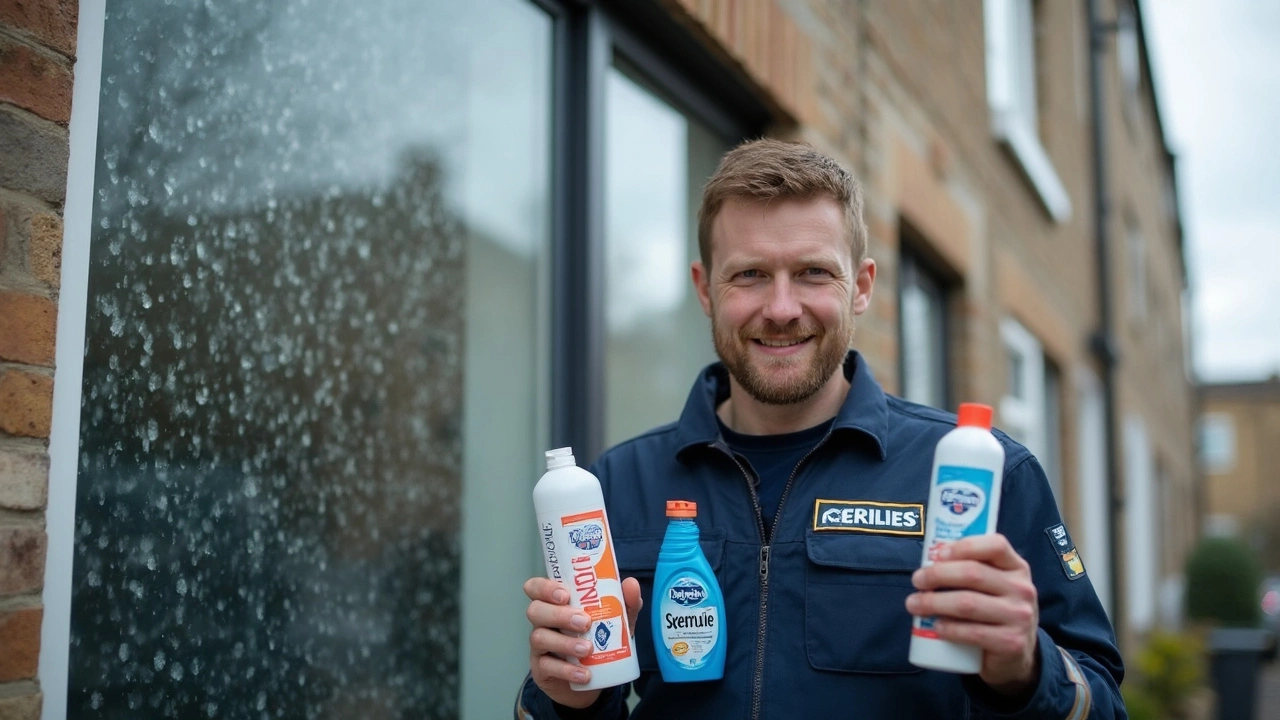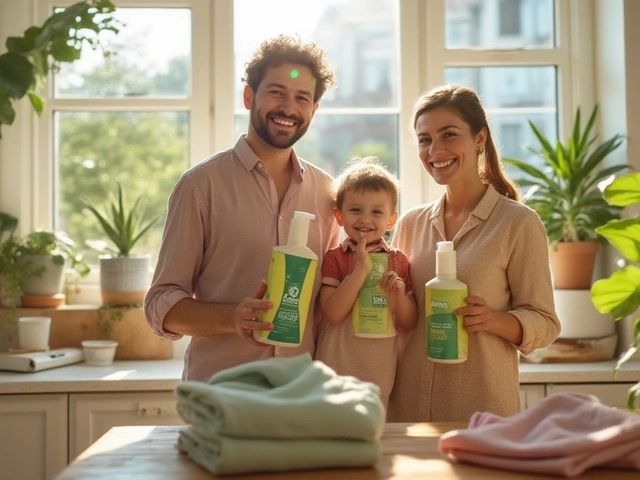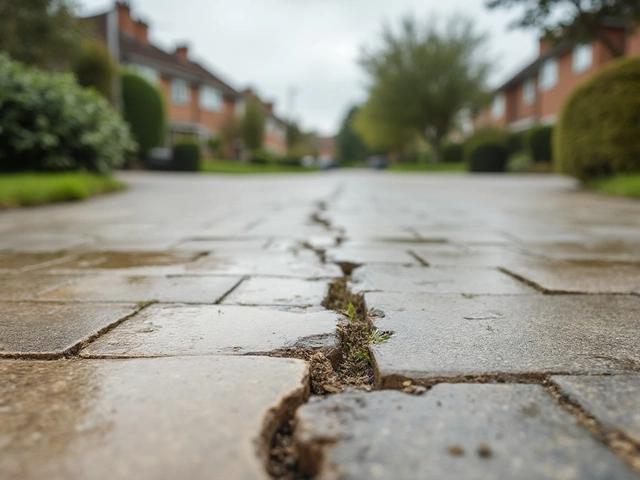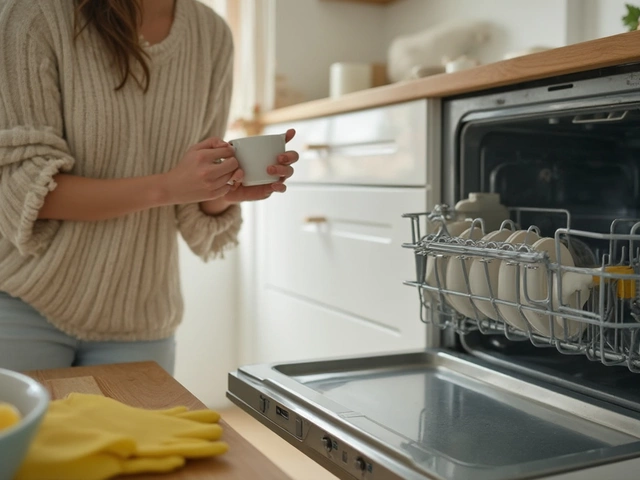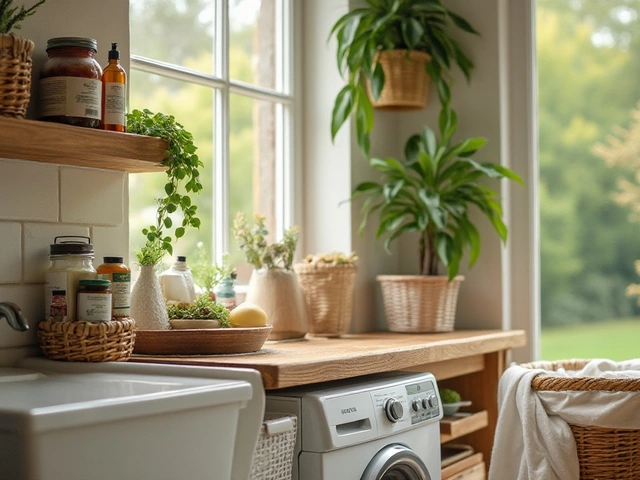Professional Detergent Basics, Benefits & Best Uses
When working with Professional Detergent, a specially formulated cleaning agent designed for commercial and heavy‑duty applications, you’re dealing with more than just soap. It’s built to cut grease, lift grime, and stay effective after repeated use. Also known as commercial cleaning detergent, professional detergent often comes in concentrated packs that need proper dilution. Eco‑friendly Detergent, a green alternative that uses biodegradable surfactants and low‑impact chemicals is a fast‑growing sub‑type, because many kitchens and businesses now demand less harmful products. The central idea is simple: a stronger, purpose‑built formula enables better results in tasks like oven cleaning or window washing, while also meeting safety and environmental rules.
Why the Right Detergent Matters for Every Job
Professional detergent encompasses a range of specialized blends. For example, an Oven Cleaning, the process of removing baked‑on grease and burnt food from interior surfaces routine benefits hugely from a detergent that can break down carbonized residues without damaging enamel. Likewise, Window Cleaning, the removal of dirt, water spots, and film from glass surfaces relies on a low‑foam, streak‑free formula; the wrong detergent can leave residues that make glass look hazy. The link is clear: using the right detergent improves oven cleaning results, and specialized detergents reduce streaks in window cleaning. Eco‑friendly detergent also reduces environmental impact, a factor that many commercial clients now weigh when choosing service providers. In short, the choice of detergent requires an understanding of the surface, the type of soil, and any regulatory constraints.
When you compare options, look at three key attributes: concentration level, chemical composition, and recommended dilution ratio. High‑concentration concentrates save storage space but need careful measuring; a typical commercial oven cleaning mix might call for one part concentrate to ten parts water, while a window‑specific detergent could be one to thirty. Eco‑friendly blends often use plant‑based surfactants, which are gentler on skin and safer for indoor air. Finally, commercial cleaning products are usually packaged with clear safety data sheets, helping you stay compliant with workplace health standards. By matching these attributes to the job—whether you’re scrubbing a bakery oven, polishing a restaurant’s front‑window, or maintaining a hotel’s laundry room—you ensure efficiency, safety, and client satisfaction. Below you’ll find articles that dive deeper into each of these areas, from DIY recipes that mimic professional formulas to profit guides for cleaning businesses.
